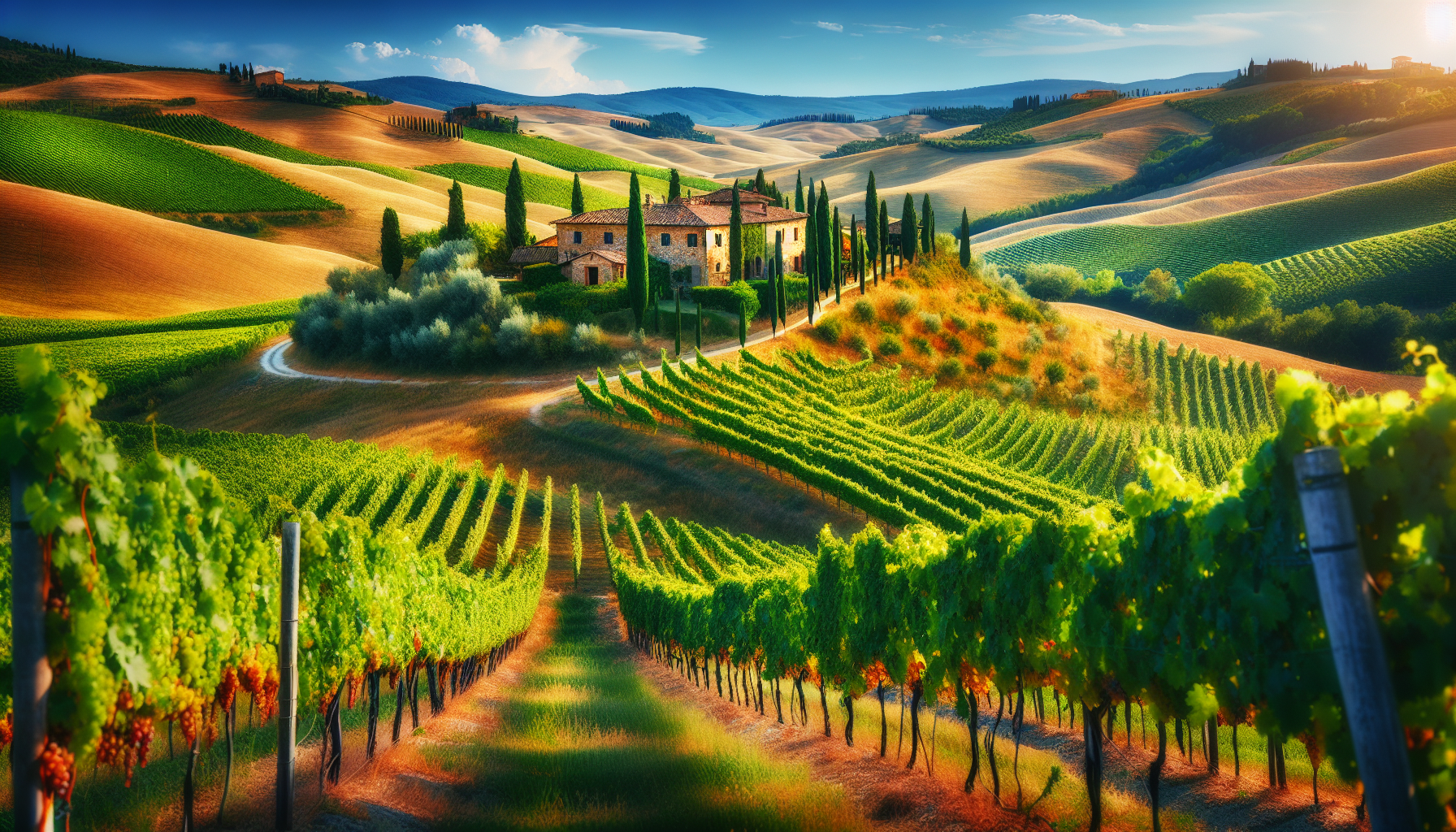Nestled in the heart of Italy, Tuscany is a region where culinary tradition meets breathtaking landscapes, creating a haven for food lovers from around the globe. Known for its rolling hills, historic vineyards, and rustic farms, Tuscany offers an unparalleled gastronomic experience that captures the essence of Italian cuisine.
At the heart of Tuscan cooking is a commitment to simplicity and freshness. Here, the philosophy of cucina povera, or "poor cooking," rules the kitchen, focusing on using high-quality, locally sourced ingredients to create delightful dishes without unnecessary embellishments. Seasonal vegetables, aromatic herbs, golden olive oil, and artisanal cheeses are staples, each telling a story of the land they come from.
Olive oil is more than just an ingredient in Tuscany; it's a way of life. Many Tuscan families have been producing this liquid gold for generations, using methods passed down through centuries. A visit to a local frantoio (olive mill) offers a glimpse into this time-honored process, where visitors can sample freshly pressed oil, its peppery notes and robust character a testament to the region's fertile landscape.
Tuscany is also home to some of Italy's most renowned wines. From the world-famous Chianti, with its bold, full-bodied flavor, to the elegant Brunello di Montalcino and the distinguished Vino Nobile di Montepulciano, each sip tells the story of the sun-drenched vineyards where the grapes are lovingly cultivated. Wine tastings at this scenic location offer an opportunity to experience firsthand the dedication and passion that go into producing these world-class wines.
No discussion of Tuscan cuisine would be complete without mentioning its pasta and bread. Pici, a thick, hand-rolled pasta native to the region, often comes served with rich, slow-cooked sauces or simply with cacio e pepe, a humble yet deeply satisfying combination of cheese and black pepper. Meanwhile, crusty, saltless Tuscan bread, known as pane toscano, serves as the perfect companion to hearty soups like ribollita and pappa al pomodoro, both of which showcase the beauty of transforming simple, wholesome ingredients into nourishing comfort food.
The art of Tuscan cooking is often learned at home, where recipes are passed down through generations. However, visitors to the region can immerse themselves in this culinary heritage by participating in cooking classes held in rustic farmhouses or elegant villas. Under the guidance of skilled chefs, participants learn to prepare classic Tuscan dishes, gaining insight into the cultural significance of each recipe and the importance of communal dining in Italian culture.
Tuscany’s culinary heritage is not static; it evolves with time, embracing innovation while honoring tradition. This balance is evident in the growing popularity of agriturismi – working farms that offer lodging and meals to travelers. These establishments provide a unique opportunity to connect with local farmers and experience the freshest produce straight from the source, allowing guests to deepen their understanding of sustainable practices integral to the region's future.
As the sun sets over the Tuscan hills, casting a warm glow over vineyards and olive groves, it's easy to see why this region holds a special place in the hearts of those who visit. The flavors of Tuscany are more than just a feast for the senses; they are a celebration of life, of nature, and of the enduring legacy of a region where culinary dreams come true.
